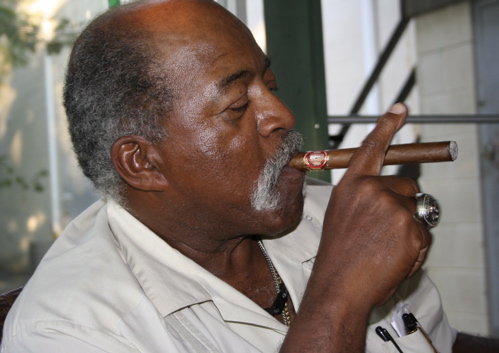
I’m a sucker for oral histories. I just love ’em. They are the kinds of books you can pick-up and put-down at your leisure. And they don’t have to be perfect in order to stimulate convesation, debate, and get the old juices flowing. Change Up: An Oral History of 8 Key Events that Shaped Modern Baseball, by Larry Burke and Pete Foranatele is a fine addition to your baseball library. You can argue about the chapter selection, which is half the fun, but that’d really be missing the point, because it is what is in the chapters that’s winning.
Here is Thomas Boswell on the one-of-a-kind shortstop, Cal Ripken, Jr.
Everyone on Earth saw that he was a prototypical third baseman except for one person: Earl Weaver. Only Weaver had the imagination to see that Bobby Bonner needed to go and that Ripken would work as a shortstop. I was covering the team then as the daily beat writer and there is no question that this was 100 percent Earl Weaver against universal indifference or mild hostility to the idea from everybody else in baseball. Nobody else though Cal Ripken could play shortstop. Period. Anybody who says differently wasn’t there and is wrong.
I guess we can credit Weaver for helping pave the way for Jeter and Rodriguez.
In a wonderful chapter on the Latino Wave, here’s Luis Tiant:
I don’t go to my country for 46 years. I want to go before I die to see my country, to see some of my family, if they’re still alive. I haven’t had contact with them for a long time. My aunts–I think, I know I have a couple of aunts still alive. One time I was on a cruise ship over there in Key West. You can see Cuba right there. It was so close you could see the cars and the people. It makes you sad. You’re that close and you can’t go to your country. Forty-six years here is a long time. You say the number easy, but it’s a long time, a lot of days and nights. A lot of Latino players from the other countries, like two weeks before the season was over they all talk and laugh, "I’m going to go back to my country and go to Christmas and eat and party every day." And, I sit down there and listen to them, and they’re happy. All of these lucky guys. They can go back to their countries, and I don’t know when I’m going to go. It’s amazing. It’s a real bad feeling. You have to do what you have to do.
For a more detailed look at baseball in Cuba, check out Michael Lewis’ long piece for Vanity Fair.


